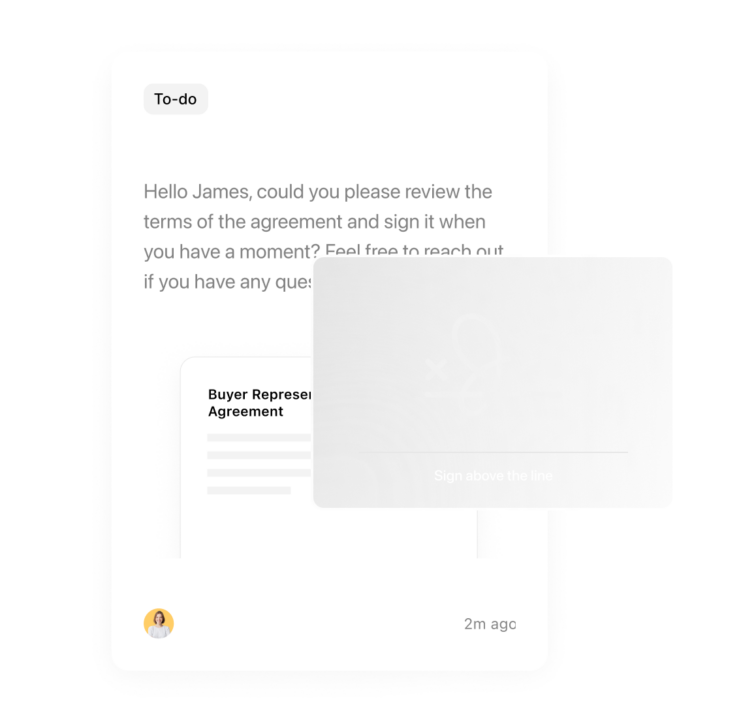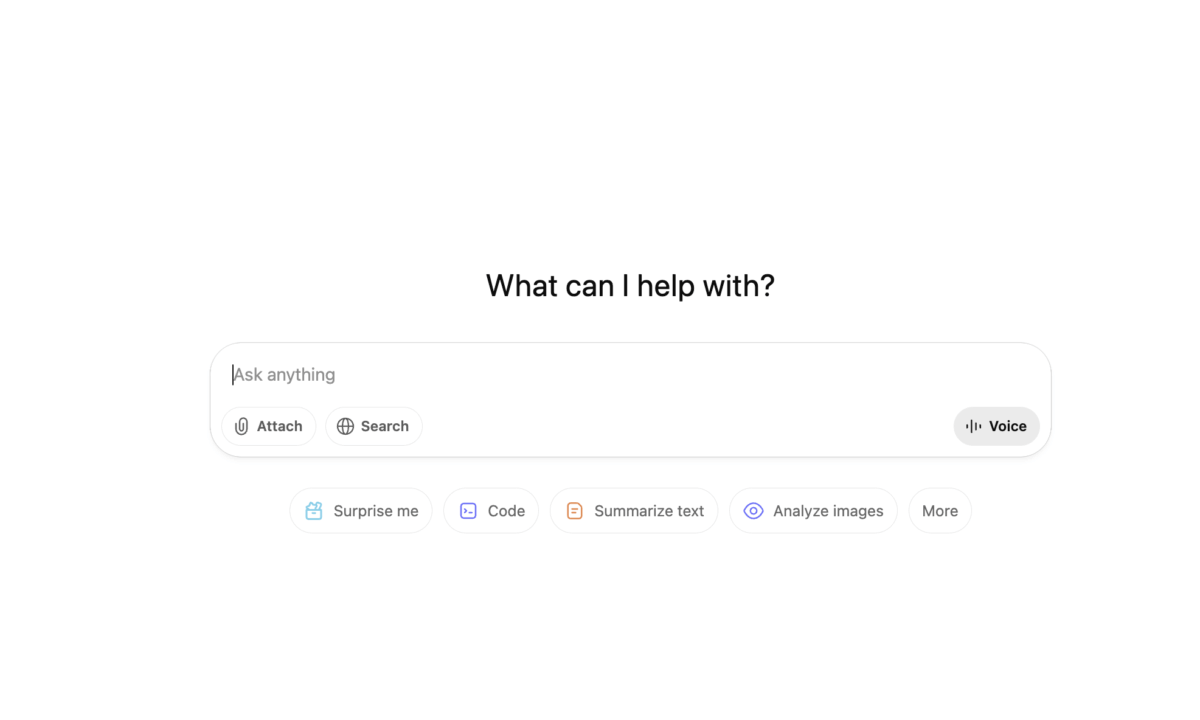In today’s complex real estate industry, dual agency stands as one of the most debated practices among professionals and regulatory bodies. While it offers some unique advantages, it also raises significant ethical and practical concerns that agents must navigate carefully.
Find It Fast
What is dual agency?
Dual agency occurs when a single real estate agent or brokerage represents both the buyer and the seller in a transaction. This arrangement can arise intentionally, with an agent agreeing to act on behalf of both parties from the beginning, or unintentionally, when a buyer is interested in purchasing a property listed by their agent’s firm. It can also be called “double ending the deal,” or “double closing.”
The situation has garnered increased attention in the wake of the National Association of Realtors’ (NAR) settlement in the Sitzer-Burnett lawsuit. Some theorize that the settlement may result in an increase in dual agency because it requires changes to the way that buyer’s agents are paid.
While the settlement is intended to enhance flexibility and transparency in real estate deals, many have expressed concerns that it might complicate transactions and lead to potential conflicts of interest. Experts argue that the dual agency model could undermine trust and complicate the process for all parties involved.
Are you looking for more resources to help you navigate current challenges and future-proof your business? Check out our complete guide to the next era in real estate:
Legality and regulations
The regulation of dual agency varies by jurisdiction. Some states, such as Colorado and Florida, have stringent rules or outright bans on the practice, while others allow it under specific conditions. In states where it is permitted, agents are typically required to obtain informed consent from both parties, ensuring that both the buyer and the seller understand the potential conflicts of interest and agree to proceed.
Advantages of dual agency
- Efficiency: Dual agency can streamline the transaction process, as communication and negotiation are handled by a single agent or brokerage. This can lead to quicker decision-making and a more straightforward path to closing.
- Cost savings: In some cases, dual agency can result in lower commissions, as the agent may reduce fees since they are not splitting the commission with another party.
- Market insight: An agent representing both sides may have a more comprehensive understanding of the local market, offering valuable insights that benefit both the buyer and the seller. For example, a listing agent who specializes in vacation properties may be best suited to help out-of-town buyers who don’t have the time or interest to find another agent in the area to represent them.
Buyer’s agent comp strategies
Get three buy-side compensation structures that will appeal to clients while protecting your paycheck. We also include templates with sample language you can use to amend your current buyer’s agreement.

Disadvantages and ethical concerns
- Conflict of interest: This is the primary concern with dual agency. Agents have a fiduciary duty to act in the best interest of their clients. But in dual agency situations, the agent cannot fully advocate for both parties simultaneously. For instance, an agent cannot disclose confidential information about the seller’s willingness to lower the price while also trying to negotiate the best possible deal for the buyer.
- Reduced advocacy: Because of the need to remain neutral, a dual agent may not provide the same level of advocacy or negotiation power as they would in a traditional single-agency role. This could potentially disadvantage one or both parties in the transaction.
- Legal and ethical risks: Even with full disclosure and consent, dual agency can lead to legal disputes if one party feels they were not adequately represented or if confidential information is inadvertently disclosed.
Common dual agency situations
While it can be controversial due to potential conflicts of interest, there are situations where it might make sense or be beneficial. Here are three examples:
Specialized or niche market
In specialized or niche markets, such as luxury real estate, agricultural properties, or certain commercial sectors, the pool of qualified agents with specific knowledge or access may be limited. In such cases, a dual agency might occur naturally because the agent has the expertise and network to facilitate the transaction efficiently for both parties. This can streamline communication and negotiations, leveraging the agent’s specialized knowledge to ensure a smoother transaction.
Intra-family or close-knit community transactions
When a property is being sold within a family or a close-knit community where both parties are well-acquainted, a dual agent can be convenient. Here, trust and familiarity often reduce concerns about conflicts of interest. The agent can act as a neutral facilitator, managing the paperwork and logistics while the buyer and seller negotiate terms among themselves, ensuring that the transaction progresses smoothly.
Market with limited inventory
In a market with limited inventory or high demand, dual agency can be beneficial as it might give buyers a better chance of securing a property. If an agent knows a buyer is interested in a property they are listing, the transaction can move more swiftly, which can be a significant advantage in competitive markets. However, transparency and clear boundaries must be maintained to avoid conflicts of interest, ensuring that both parties receive fair treatment and informed guidance.
Why dual agency might be the future
Despite its drawbacks, dual agency may play an increasingly significant role in the future of real estate, driven by several factors outside of any potential effects from the NAR settlement:
- Technological integration: As technology advances, the role of real estate agents is evolving. Data-driven insights, AI, and automation can provide a balanced flow of information to both buyers and sellers, potentially mitigating some of the traditional conflicts associated with dual agency.
- Market dynamics: In highly competitive or fast-moving markets, dual agency can offer a more seamless and expedited transaction process, which can be appealing to both sellers eager to close deals quickly and buyers facing stiff competition.
- Consumer preferences: Some may prefer the simplicity of dealing with a single agent or brokerage, especially if they have a strong relationship with that agent and trust their judgment.
- Brokerage models: The rise of large, integrated real estate firms and teams that offer a range of services — from buying and selling to financing and beyond — creates more opportunities for dual agency scenarios. These firms often have the infrastructure to handle potential conflicts of interest more transparently and efficiently.
By understanding and addressing the complexities of dual agency, agents can better serve their clients and maintain the integrity of their professional practices. This nuanced approach to dual agency could very well shape the future of real estate transactions, offering a more streamlined, efficient, and perhaps even more ethical pathway in the right circumstances.




